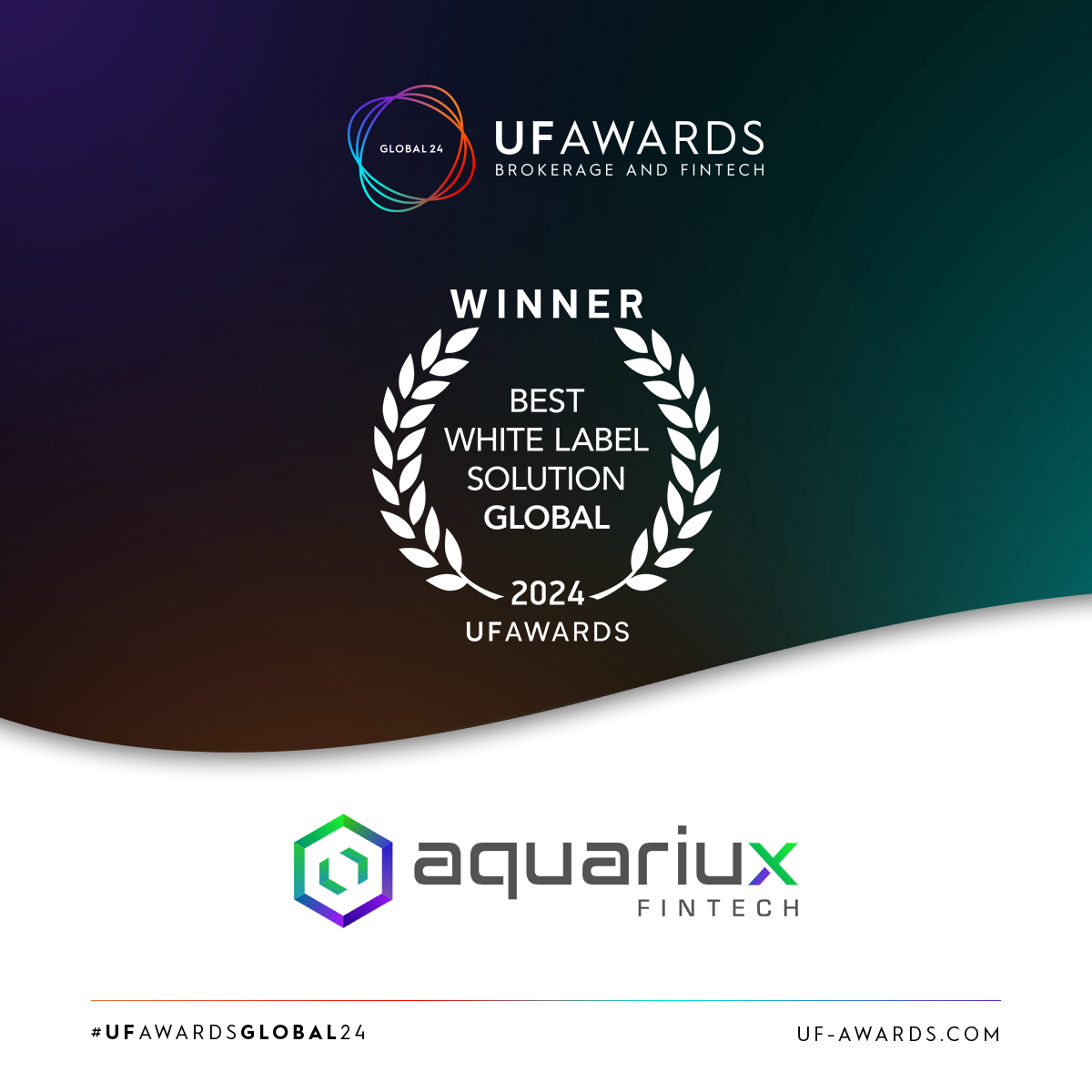The iFX Expo Bangkok 2024 provided a stage for leading industry experts to delve into the role of white-label solutions in the rapidly evolving trading industry. The panel discussion, “The White Label Inception“, was moderated by Shmulik (Sam) Kordova, CCO of Leverate, with panellists Jon Light, Director, Head of OTC Product at Devexperts, and Aytugan Khafizov, CEO of FastMT. The session explored key trends, challenges, and future opportunities for brokers leveraging white-label solutions.
The Advantages of White-Label Solutions for Businesses

In the opening question—How do white-label solutions provide opportunities for businesses?—Light emphasised that having a white-label product allows brokers to present a more professional image while significantly speeding up their time to market. He pointed out that brokers are increasingly opting for multiple white-label solutions rather than relying on just one provider, reflecting the growing demand for flexibility in today’s trading landscape.
Khafizov expanded on this by discussing how white labelling has evolved. Whereas it was once a simple solution focused solely on trading, it now encompasses marketing, branding, and more. “White-label solutions help businesses focus on what they really want,” he said, adding that those who attempt to do everything in-house often lose sight of their wider business goals and face operational uncertainty.
Challenges in Adopting White-Label Solutions

The panel then turned to the question of challenges brokers face when adopting white-label solutions. Khafizov noted that new brokers often prioritise time—wanting everything to be up and running “by tomorrow.” For established brokers, the challenge is different, involving multiple decision-makers, each with their own viewpoint, leading to indecision. Khafizov suggested that B2B solutions help streamline this decision-making process by offering turnkey solutions that simplify operations.
Light underscored that the definition of white-label solutions varies depending on a broker’s business model, which makes it critical to choose the right B2B provider. “It’s essential that the B2B provider can hold the broker’s hand and get things up and running quickly,” he explained, emphasising the importance of not rushing into partnerships that might over promise but underdeliver.
Operational Efficiency and White-Label Solutions

When asked about the operational efficiency that white-label platforms bring, Khafizov highlighted the importance of starting quickly and investing in proper training for staff to fully utilise the platform. He revealed that brokers typically use only about 30% of a white-label platform’s capabilities, leaving much potential untapped.
Light agreed, emphasising that hiring an IT team to handle everything in-house is a significant cost for brokers, whereas white-label solutions save both time and money. Kordova chimed in, pointing out that these platforms also help brokers avoid mistakes, as they come with built-in industry knowledge.
Balancing Customisation and Industry Standards

Khafizov raised a question for the panel about balancing the need for customisation with maintaining industry standards. Light responded by stressing the importance of a strong API, which allows brokers to customise their platforms while still adhering to essential industry standards. “A standalone platform wouldn’t cut it,” added Khafizov, noting that a flexible, API-powered solution is critical for brokers that are scaling from startups to larger enterprises.
Kordova summed it up, comparing a good API to “building something on top of a strong foundation,” allowing brokers to innovate and grow while maintaining a stable platform.
Emerging Trends in White-Label Solutions

When the conversation shifted to emerging trends, Kordova noted that prop firm trading has been a dominant topic this year, with B2B companies increasingly focusing on developing platforms for these firms. Khafizov agreed, stating that demand for prop firm solutions has skyrocketed in 2024, adding that platforms now require high customisation to meet these needs.
Light added that the lines between prop firms and retail forex brokers are blurring, as retail brokers move to start their own prop firms while prop firms seek licences. Another growing trend, according to Light, is the demand for brokers to have multiple trading platforms and the integration of TradingView charts.
Light also highlighted the rising role of artificial intelligence (AI) in white-label solutions. His company recently implemented AI chat functionality in a trading platform, capable of answering up to 70% of client queries. “The AI learns from historical answers and questions,” Light said, illustrating how AI is reshaping customer service in the trading industry.
Summing it Up

The White-label Inception discussion at iFX Expo Asia 2024 highlighted not only the significant operational benefits white-label solutions bring to brokers but also the challenges and emerging trends they face. As the panellists emphasised, APIs and AI will play crucial roles in the future of white-label platforms, allowing brokers to customise and scale their operations while staying efficient and competitive.
Aquariux’s AQX Trader, with its cutting-edge API integration and multi-asset white-label solutions, is ideally positioned to help brokers navigate these evolving industry demands. This year, Aquariux was recognised with the Best White-Label Solution Global award, a testament to our commitment to delivering innovative, scalable, and flexible platforms for brokers. Events like iFX Expo reaffirm our dedication to ensuring our clients are always ahead of the curve in a rapidly changing market.
Built for brokers, designed for traders—looking to scale your brokerage locally or globally? Try AQX Trader’s demo environment today or contact us now!
